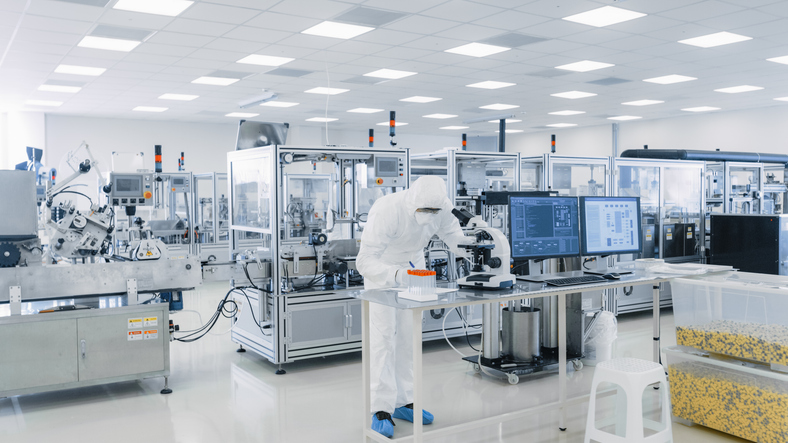Biopharmaceutical developers are attracted by innovative, “name” bioprocessing technologies, but contract manufacturers will always need to have expertise and flexibility to win the big deals.
At least, that is according to Louise Digby, vice president, enzymes, bioproduction at Sekisui Diagnostics—the testing and manufacturing services unit of Sekisui Chemical—who told GEN that contractors should consider how a technology is likely to perform on-site before investing.
“In our experience, customers do respond positively to named equipment vendors with a strong reputation in their field, so we do keep this in mind when reaching decisions regarding equipment, however, it is not the primary driving factor,” Digby said.
“The technical performance required from the equipment, and its ability to achieve this, is, for the most part, the dominating factor in equipment and technology choice,” she added.
Multi-product flexibility
This observation informed the $20.7 million expansion of Sekisui’s clinical-grade drug substance manufacturing facility in the U.K. in November.
The site—in Maidstone, southeast England—produces a range of drug types including those based on enzymes, proteins, and antibody fragments, as well as plasmids for gene therapy manufacture.
Flexibility was another guiding principle, according to Digby, who said, “In the first instance, we chose to establish the facility with stainless steel vessels for fermentation. With our 100 L and 1000 L vessels, we can cover production scales from ~30 L to 1000 L. However, we can complement this with single-use technologies going forward, most likely for a 10–30 L scale.
“With regards to equipment in general, we have chosen the most up-to-date technology from leading vendors in each field. Our choices have been based on our many years’ experience in bioproduction and microbial fermentation more specifically,” Digby continued.
Flexibility was also a consideration in Sekisui’s choice of control systems, she said, citing the infrastructure used to manage upstream fermentation operations as an example.
“A centralized control system has been implemented from which fermentation and harvest can be controlled using batch recipes. This enables higher levels of containment, reduced hands-on steps, and online data generation for the operator and ensures a higher level of control of the timing of specific process steps.
“The system has been configured to enable us to operate this as a multi-product facility,” Digby added.
Human know-how
Running a multi-product facility requires expertise. And, while technology is important, human expertise remains the most critical attribute a contractor can have, according to Digby.
“Some degree of automation can be achieved with the control systems, however, in order to achieve optimal process performance oversight interventions by experienced operators will continue to be critical.”
“In our experience, innovative technology is just one of many factors impacting a customer’s choice of CDMO,” Digby said, adding, “A competent technical team is the key factor in gaining the trust and confidence of customers.”


